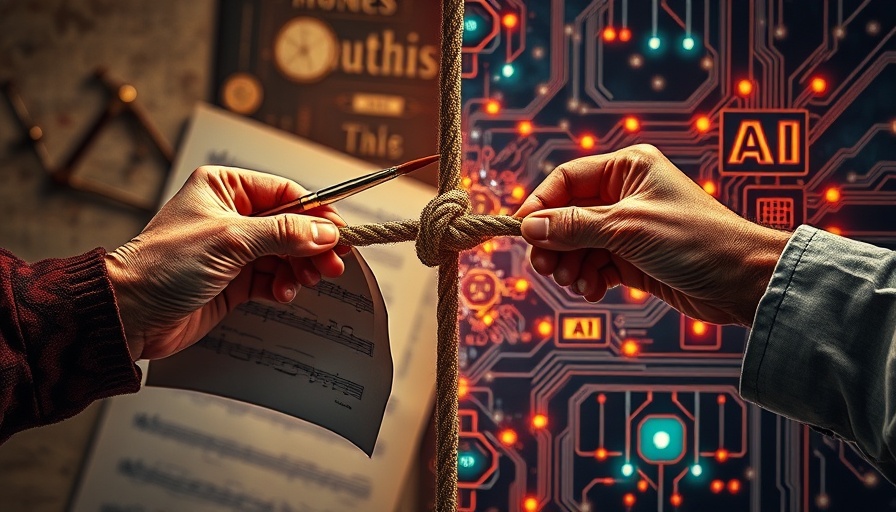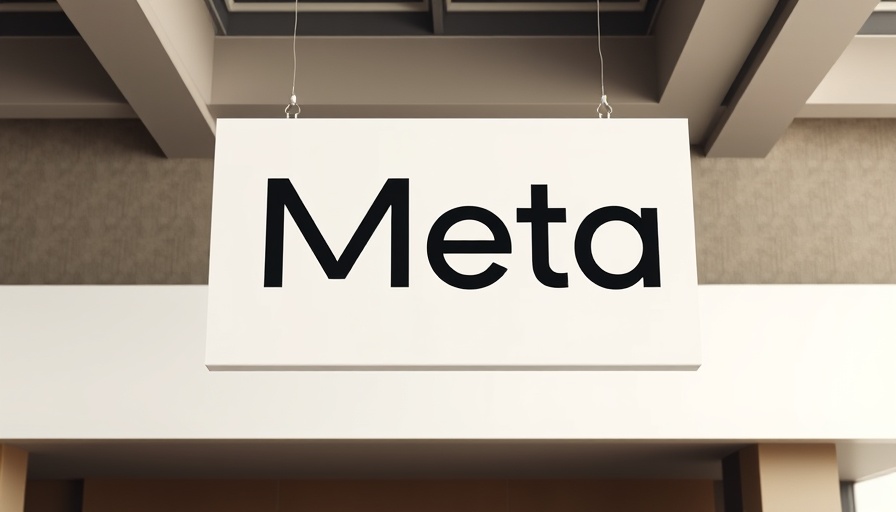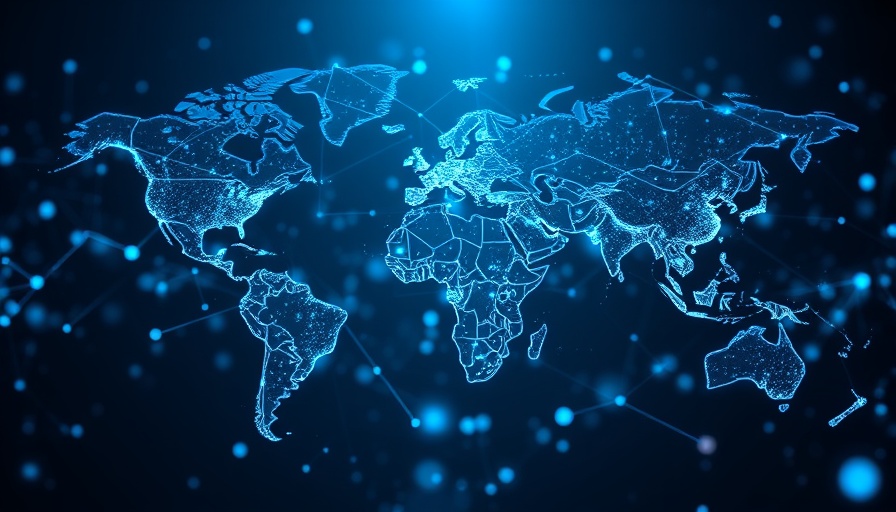
Navigating the AI Copyright Dilemma
As artificial intelligence (AI) continues to penetrate various sectors, the topic of copyright emerges as a complex battlefield. Copyright laws, designed to protect creators, clash with the ever-evolving capabilities of AI. From generating music and art to writing stories, AI's creations challenge traditional notions of ownership and originality. The discussion intensifies when we consider how platforms enforce copyright laws through mechanisms like Content ID, which often result in misunderstandings and disputes.
Understanding the Content ID System's Impact on Creators
The Content ID system, implemented by platforms such as YouTube, aims to manage copyright claims efficiently by using automated algorithms. However, this system is not without its flaws. Many content creators find themselves facing wrongful copyright strikes due to AI misidentifying original versus borrowed material. This conundrum highlights the need for a better-performing AI that can accurately differentiate between original content and that which infringes copyright.
The Consequences of Overzealous Copyright Enforcement
The implications of the current copyright enforcement landscape are profound, particularly for emerging artists and innovators. Misinterpretation of copyrighted content can stifle creativity, as creators hesitate to explore new avenues for fear of unwarranted legal repercussions. In this climate, the balance between protecting intellectual property and fostering innovation becomes crucial.
AI’s Role in Shaping Future Copyright Policies
With AI's rapid advancements, policymakers must adapt copyright laws to reflect the new realities of content creation. This could involve revisiting principles of fair use and exploring models that recognize AI-produced works as part of the modern creative ecosystem. As we move toward a more automated future, establishing guidelines that nurture creativity while protecting creator rights will be vital.
Case Studies: Lessons from Current Tech Giants
Several tech companies have begun addressing the challenges posed by copyright in the AI landscape. For example, major platforms are investing in more sophisticated algorithms to reduce false positives in copyright claims while exploring partnerships with creators to navigate rights issues collaboratively. These emerging practices can serve as models for other entities aiming to harmonize copyright enforcement with innovation.
The Future of AI and Copyright Collaboration
As AI technologies continue to evolve, collaboration between technologists, legal experts, and content creators will be essential in forging a path forward. This collaboration could take shape through initiatives such as AI literacy programs for artists and clearer guidelines from platforms, allowing for both innovation and protection of creators' rights. Additionally, raising awareness among creators about their rights can empower them, leading to a community that collaboratively navigates the complexities of copyright in an AI-driven world.
Final Thoughts on the Intersection of AI and Copyright
The dialogue surrounding AI and copyright is far from settled. As new technologies emerge, they will undoubtedly challenge existing legal frameworks. Engaging with these changes and responding to the needs of the creative community will be paramount. By fostering a culture of openness and adaptability, we can ensure that the intersection of creativity and technology remains fertile ground for innovation.
For those interested in the latest technological advancements and trends, staying informed about AI developments and their implications can provide insight into the future landscape of copyright and content creation. Engage with these discussions, understand your rights as a creator, and actively participate in shaping the future of technological innovation.
 Add Row
Add Row  Add
Add 




 Add Row
Add Row  Add
Add 

Write A Comment